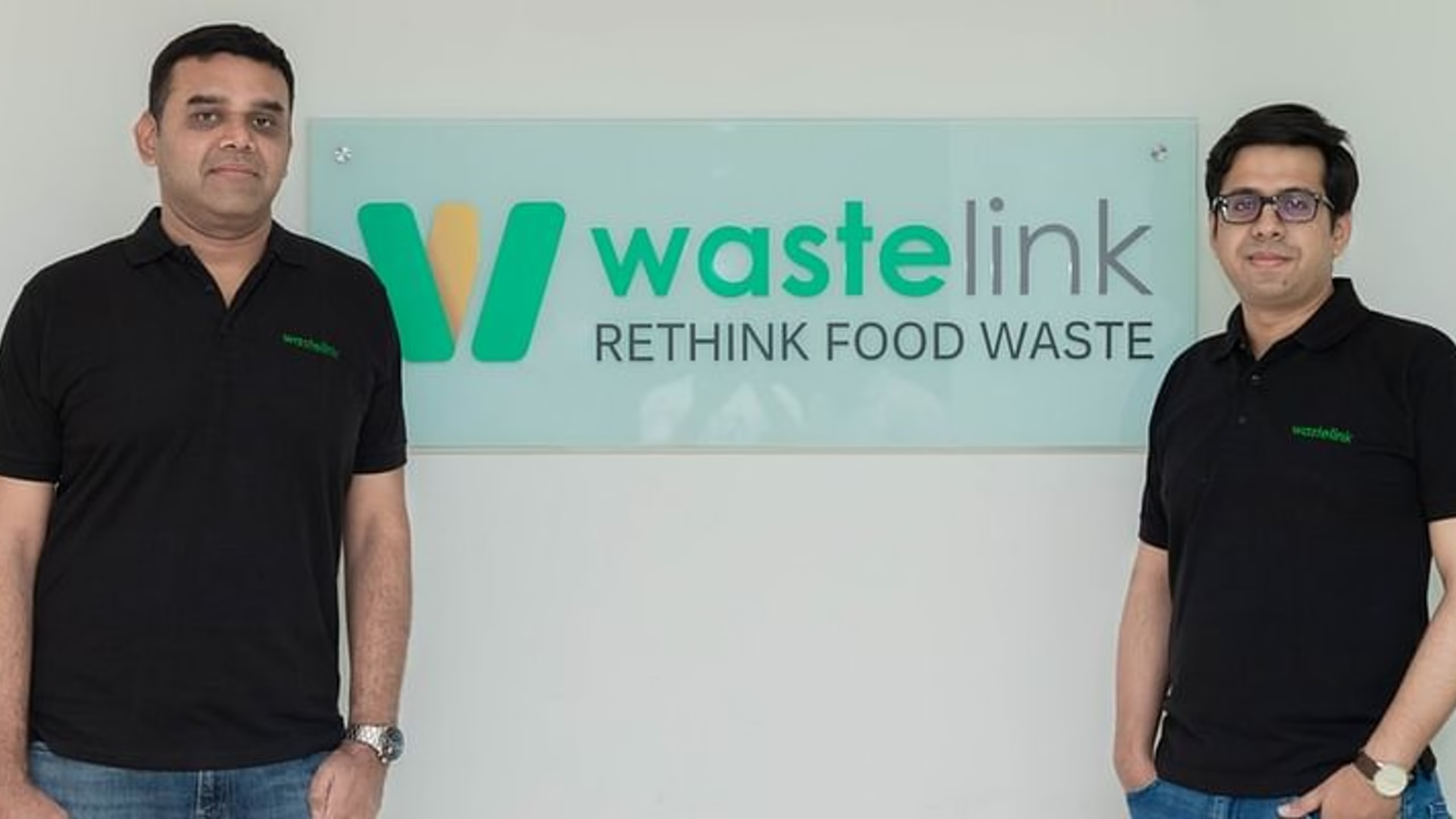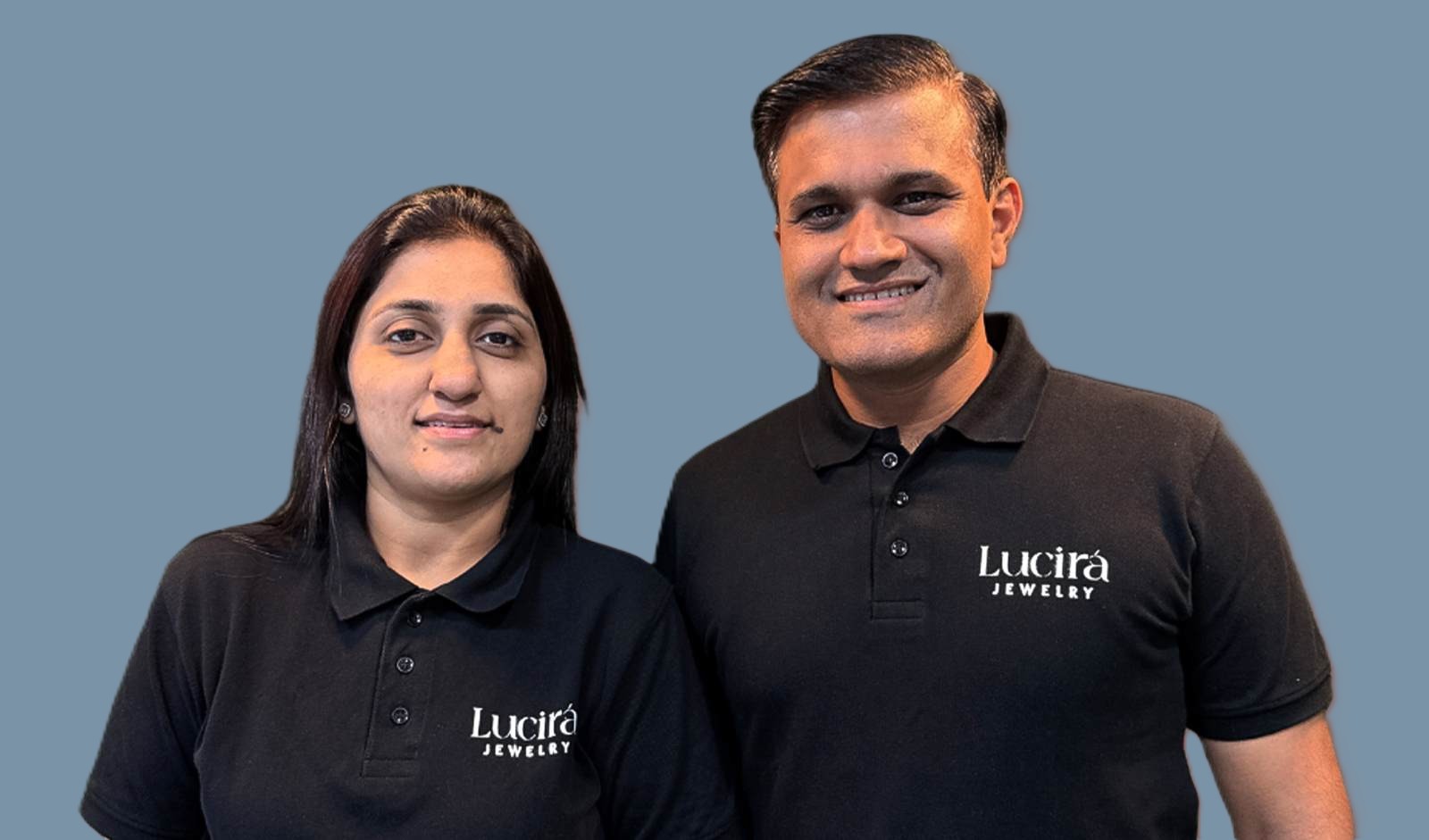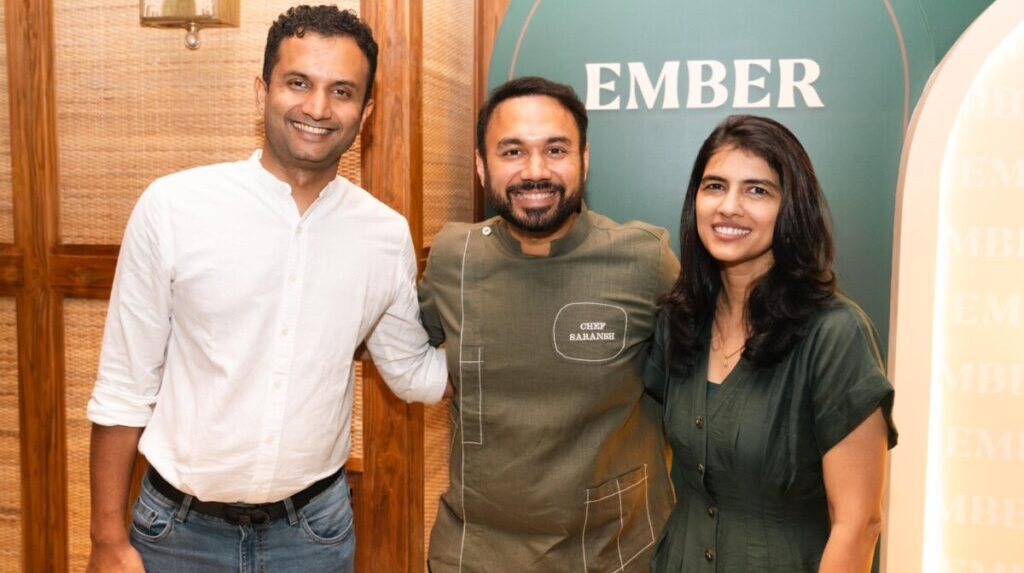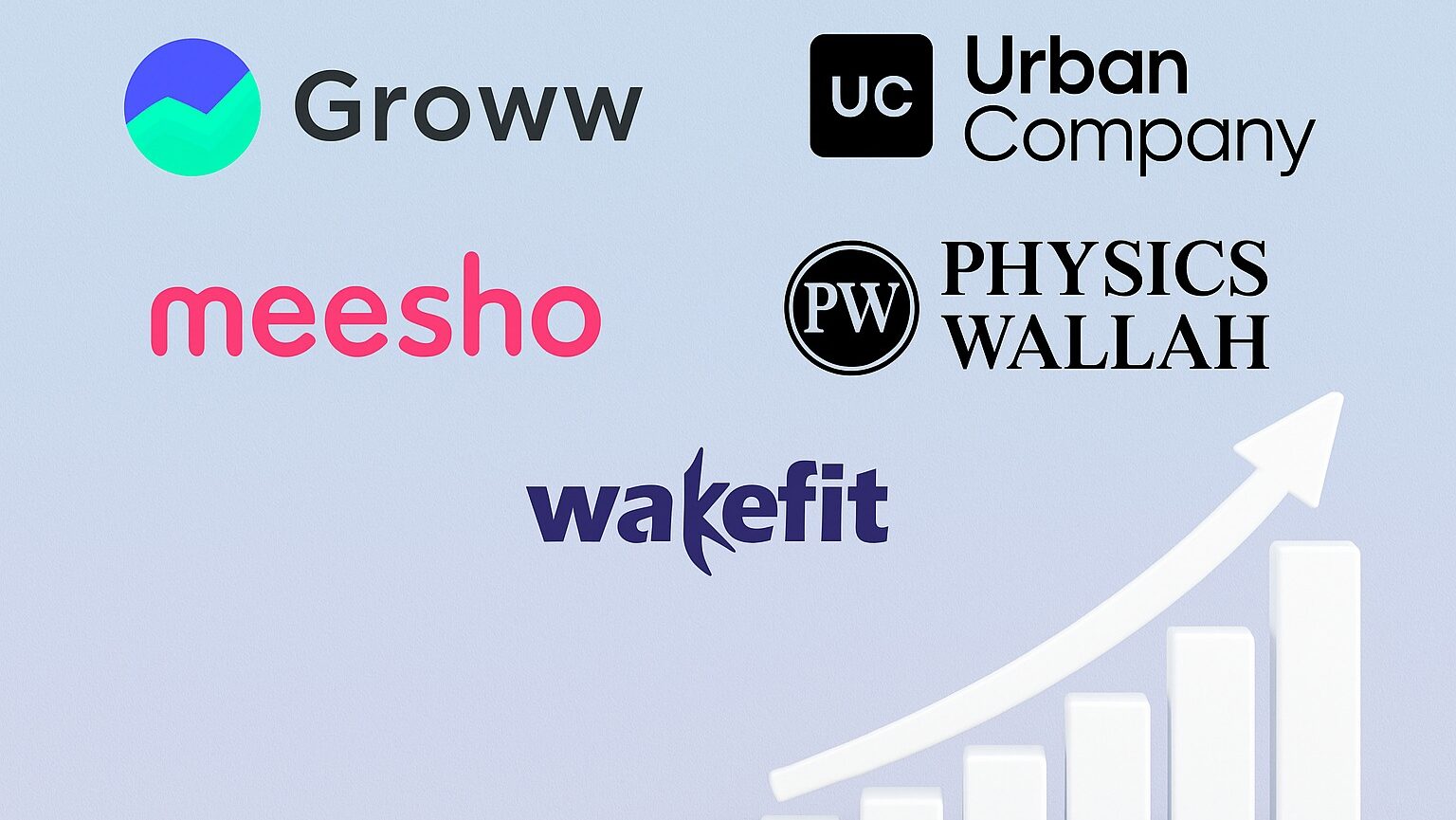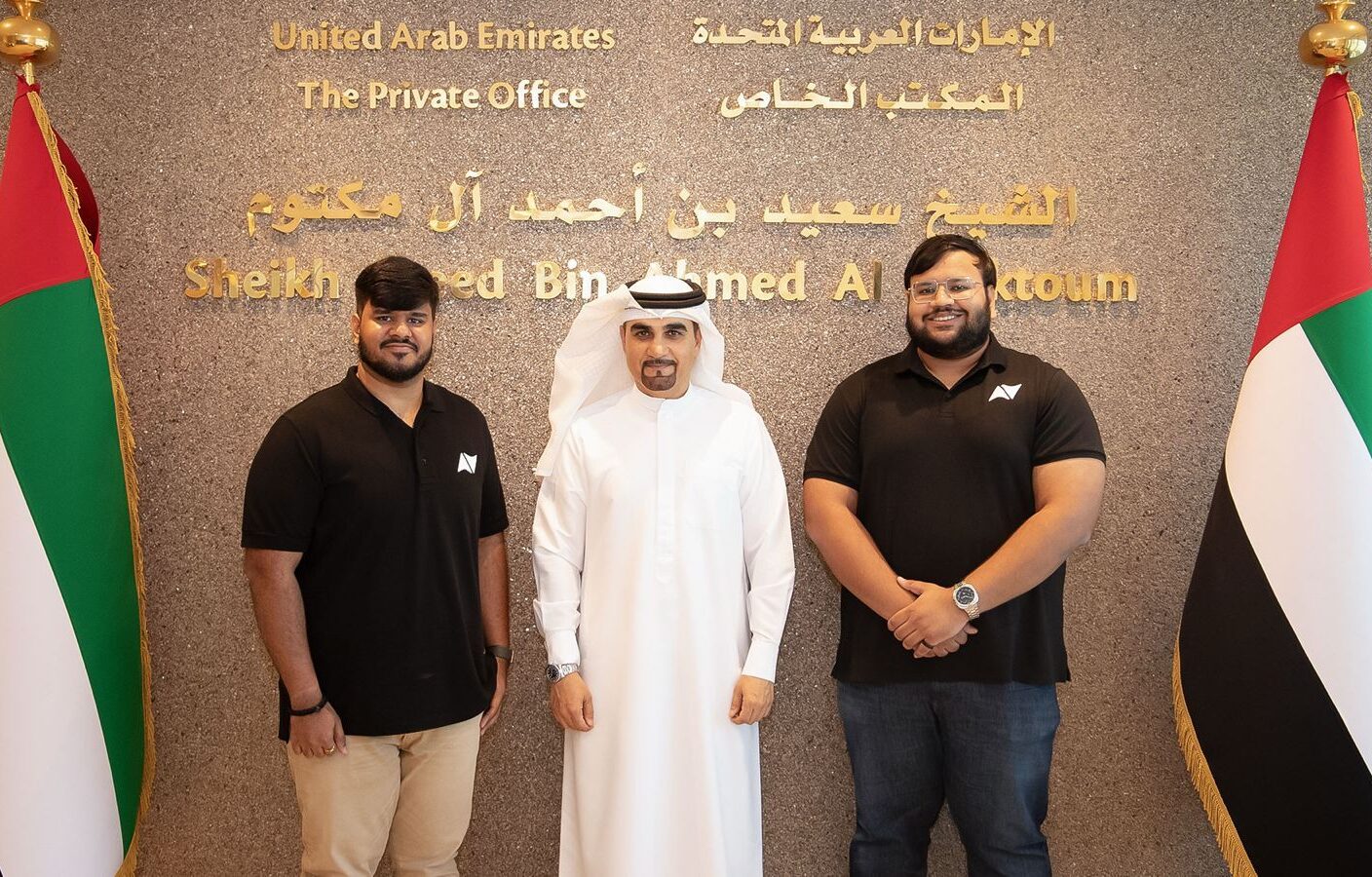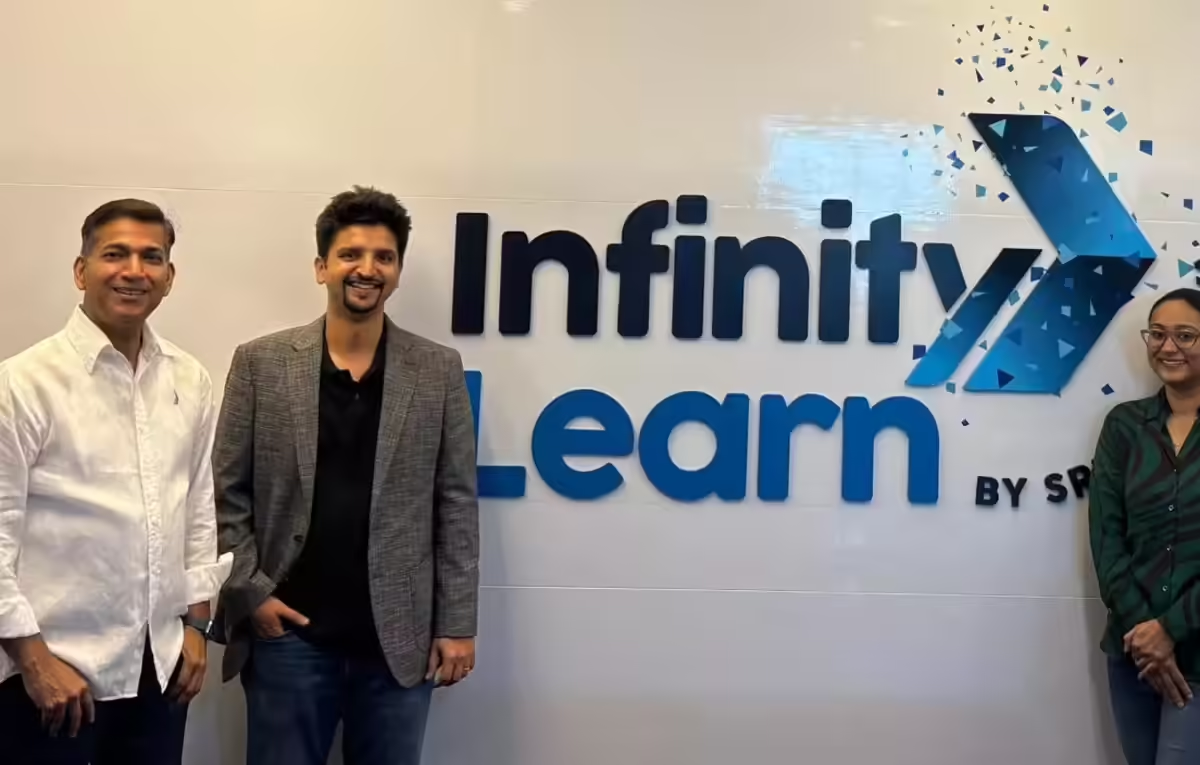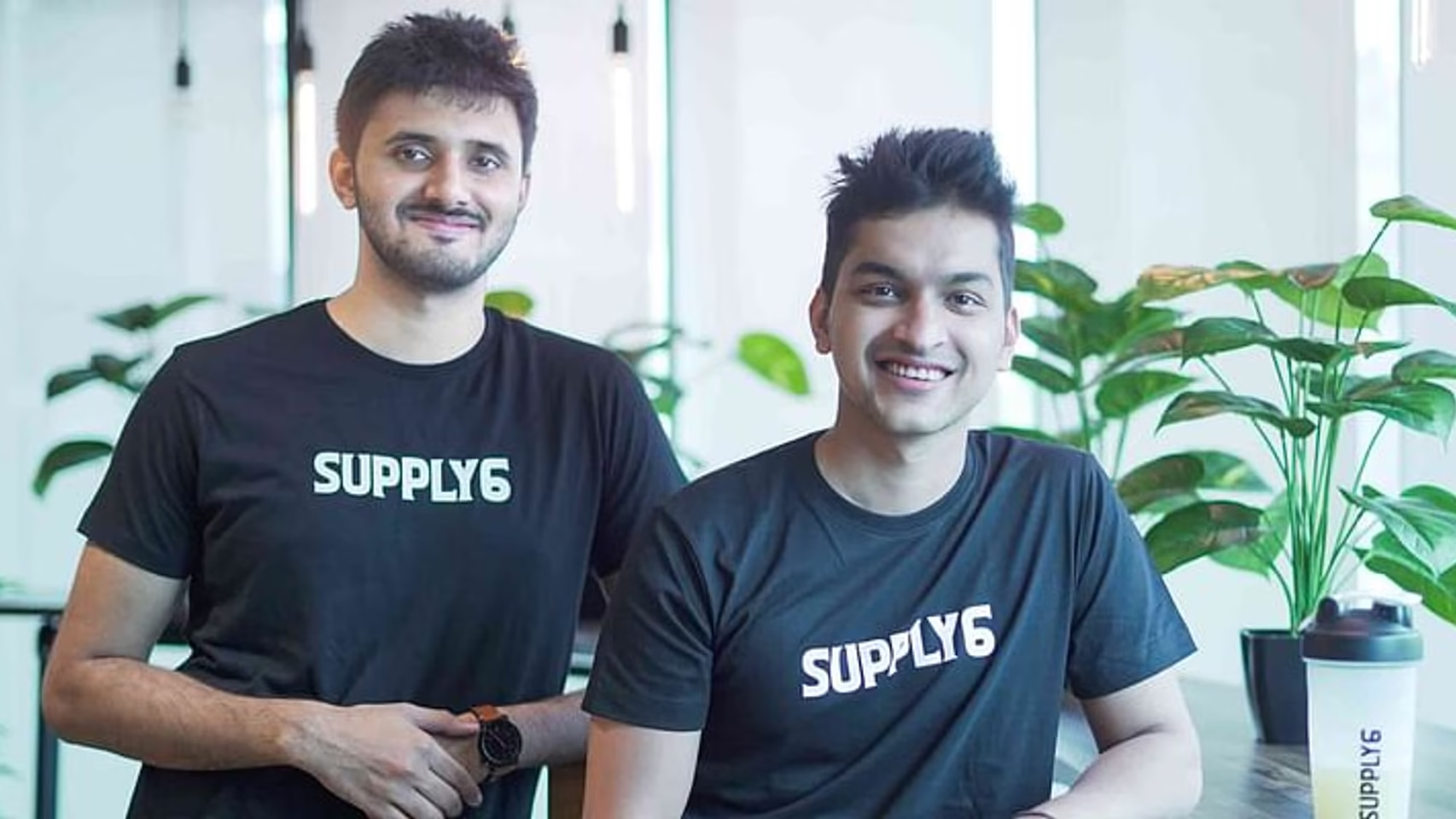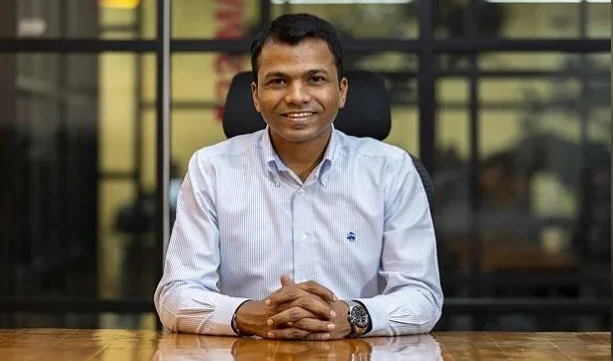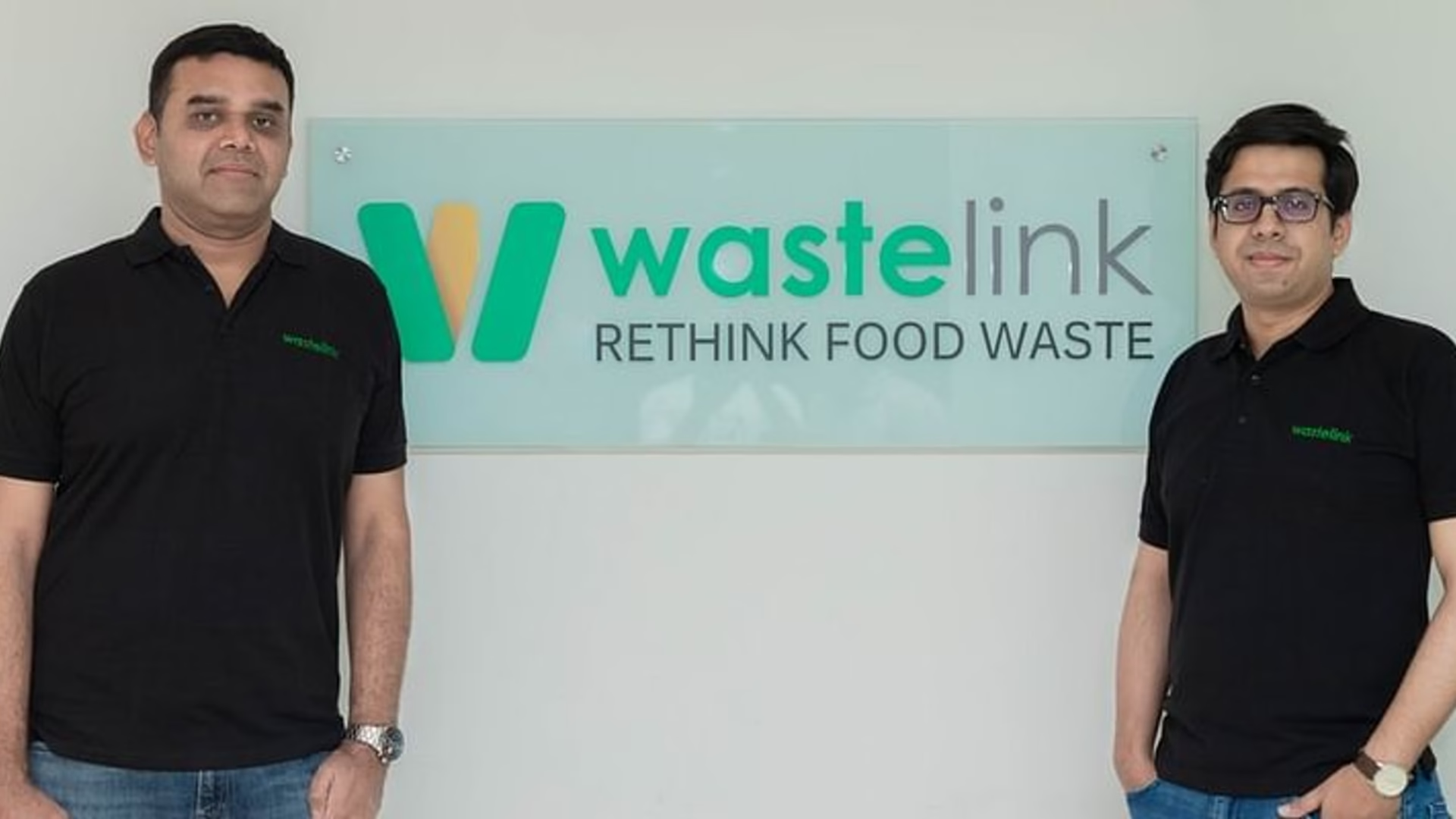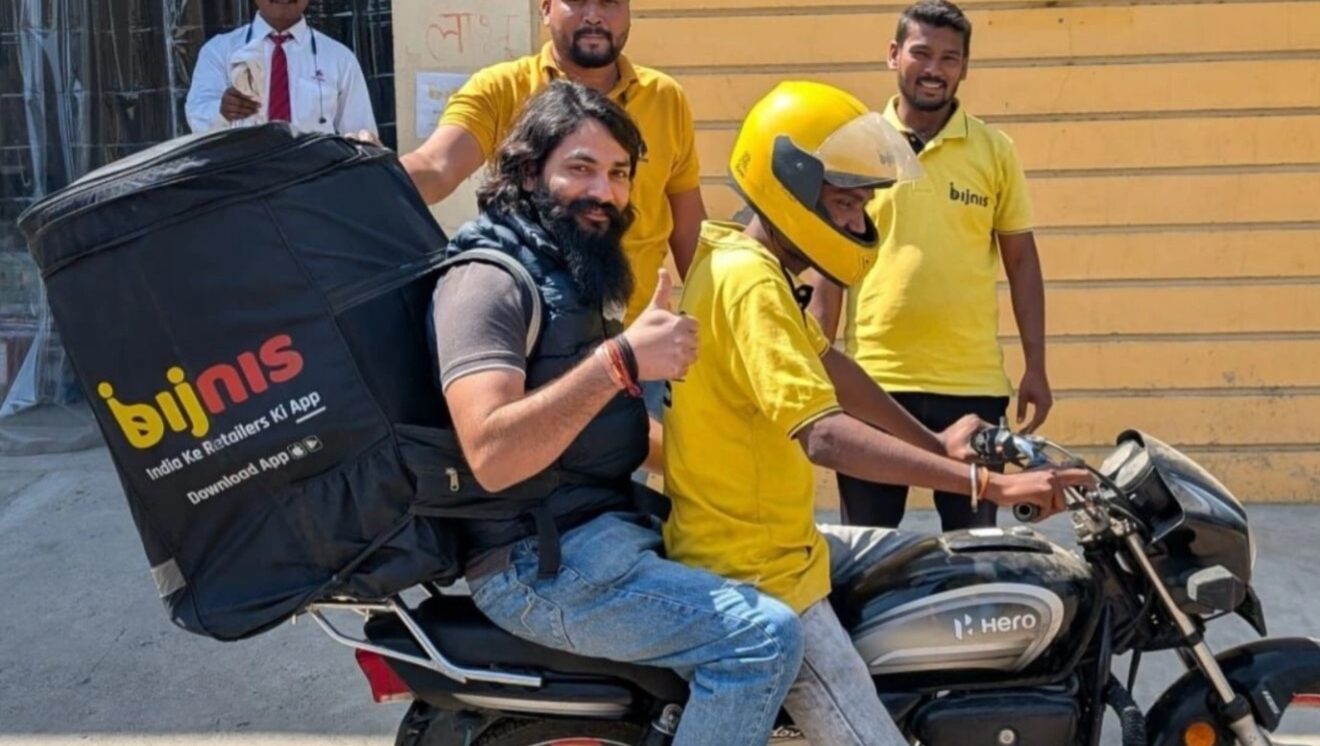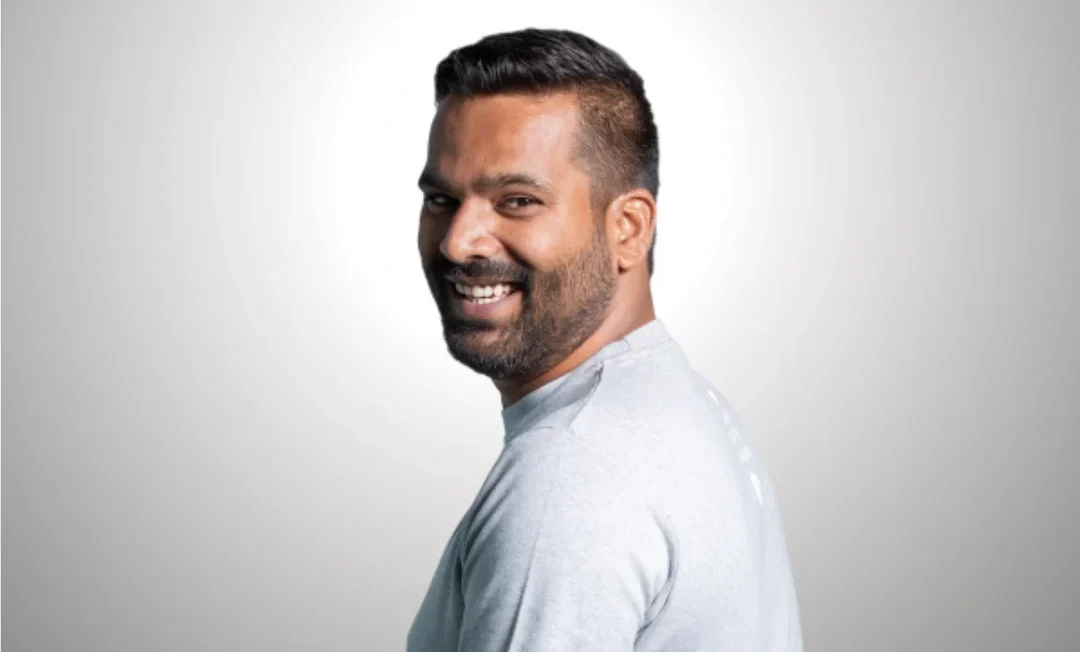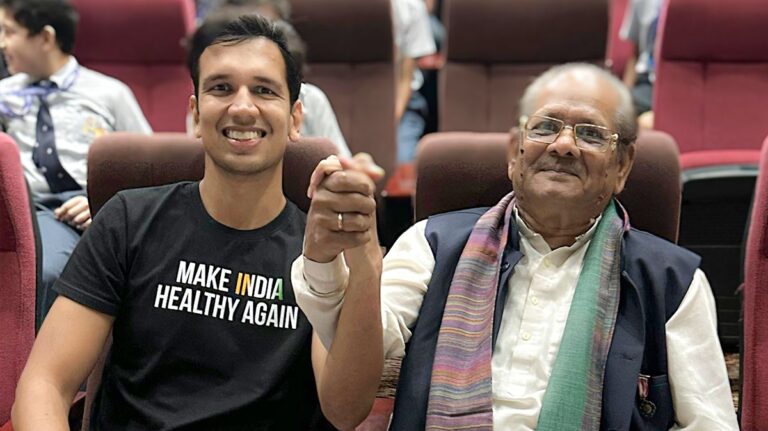One-third of global food produced and 40% of India’s food production goes waste. As horrific as this stat sounds, it is today’s reality. Additionally, food waste alone generates 3.3 billion MT of greenhouse gas emissions. Saket Dave aimed to better this situation by founding Wastelink, a company that turns surplus food into feed ingredients for cattle, poultry, and aquaculture.
Dave commented, “While we use the word food waste, actually, it’s more food surplus. We use food that is good enough for humans, but could not reach them; we prevent it from becoming waste. The science behind our business lies in the food that was destined for humans but could not reach humans for supply chain issues. It can be best utilised to feed animals.”
Their statement ingredient Ecomix, which is essentially the protein shake of the livestock world blends different food streams into a single, consistent ingredient.
“If just 30% of cattle feed is replaced with EcoMix, milk output rises by 15%,” Dave says. That mix of consistency and benefit has become the company’s edge.
The Birth of Wastelink
After finishing civil engineering from IIT Madras and later pursuing his PhD in transportation engineering, Saket met angel investor Krishnan Kasturirangan at Knowlarity, a B2B cloud-based communication venture. Wastelink was set up by the duo in 2018. It was based on the concept of reverse logistics, where Kasturirangan’s expertise in transportation engineering was crucial.

The Role of Reverse Logistics and Cofounder Kasturirangan
Kasturirangan officially joined Wastelink as a cofounder in 2020. Wastelink was run as a marketplace that connected sellers and buyers of surplus food production for the first six months. Dave said,
“We realised that just being a marketplace wasn’t enough. While suppliers have a lot to give, there are not enough processing technologies that can handle those volumes and also give them a commercial realisation that is much superior to composting.”
Wastelink’s Growing Infrastructure
The company has four processing facilities in Lucknow, Mumbai, Sonipat and Bengaluru. There is a four step process which includes inspection and quality checks, segregation, unpacking of food from packaging and drying, before the surplus is blended into final formulations.
Future Plans: Expanding Reach and Categories
Going ahead, the goal is to expand product category to cater to more segments of animals. The firm also plans to expand its geographical footprint by exporting its services and products.
Also Read: APEDA launches BHARATI to back 100 agri-food startups









